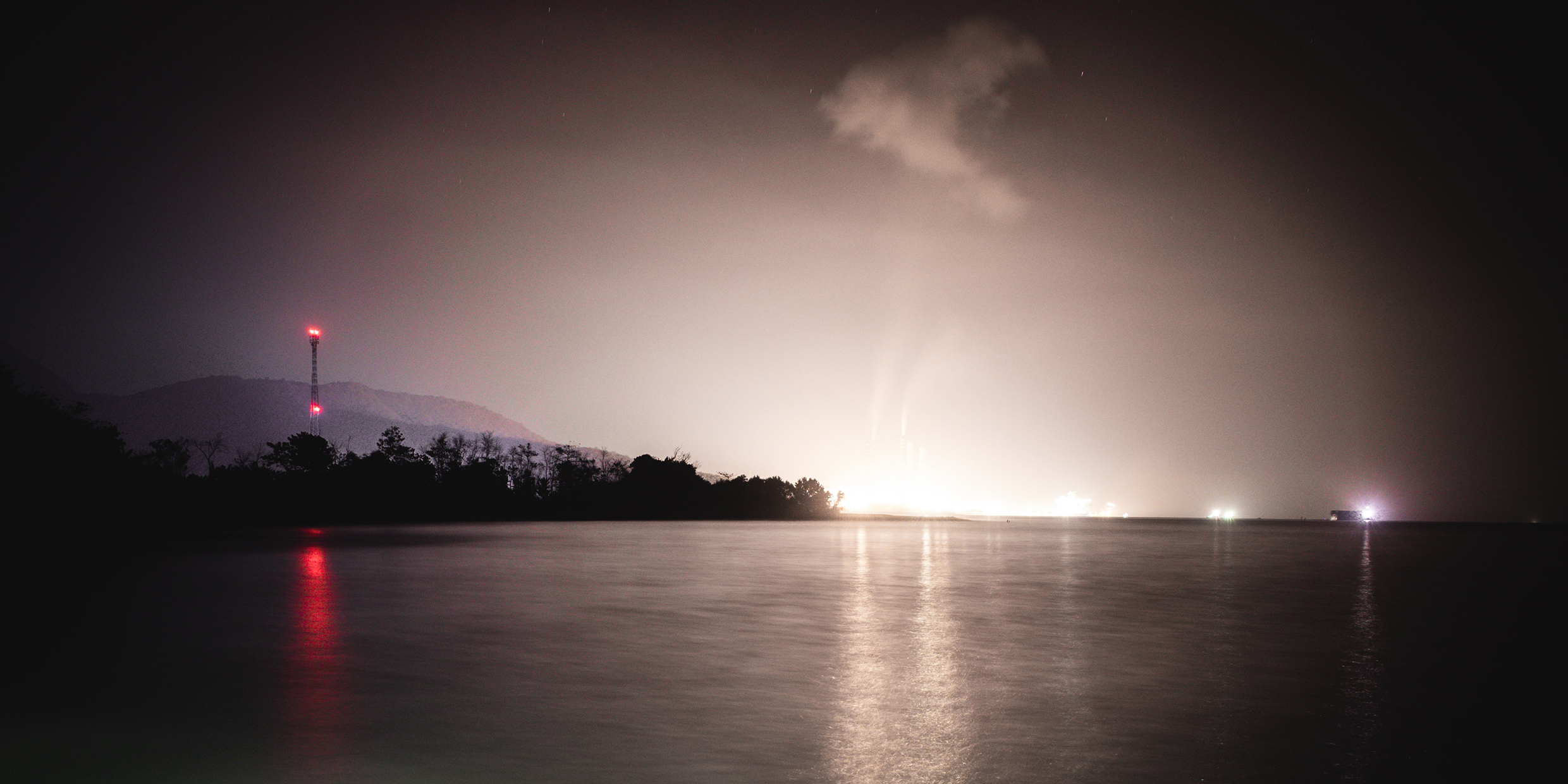Originally published 25 March 2003
EXUMA, Bahamas — In the year 1750, a baby boy was born in Gambia in West Africa. On the eighth day after the birth, as was the custom, the village paused from its normal routines to celebrate, with feasting, music and prayer, the naming of the child — Kunta. Kunta Kinte.
That night, the father took his infant son to the edge of the village and completed the naming ritual by holding the child up to face the heavens — a crescent moon, a sky streaked with stars. The father whispered to the child, in the language of the Mandinka tribe: “Behold — the only thing greater than yourself.”
You may recognize this episode from the first chapter of Alex Haley’s family saga, Roots, a semi-fictional re-creation of seven generations of the author’s African-American family. It has been a quarter-century since I read the book, but that moment under the dark Gambian sky remains in my memory.
What a marvelous celebration of the sacredness of a human self and the infinite mystery of the universe — the microcosm and the macrocosm. At my own naming ceremony, a few drops of water were sprinkled on my head; Kunta Kinte’s head was sprinkled with stars.
We are made of stardust. Our atoms were forged in the cores of giant stars that lived and died before the Earth was born. Our lives are brief efflorescences of stellar energy on a planet of a typical star in a typical galaxy among the hundred billion galaxies we can see with our telescopes.
And yet, a human self is a thing far more complex than a star or galaxy. Only in its totality — an apparent infinity of worlds — does the universe we observe under a dark night sky exceed the complexity of the babe held high in his father’s hands.
If humans are religious by nature, it is surely at least partly because of our long evolutionary childhood under a dark night sky. I have yet to meet a person who, finding himself or herself under a truly dark sky for the first time, isn’t struck dumb with wonder. Alas, there are fewer and fewer places where one can have that sort of experience.
Satellite photographs of the Earth’s night side from space show the Eastern United States as a splotch of artificial light, like a spreading phosphorescent fungus; no one down there in that scabrous glow can see the universe Omoro Kinte gave to his son. Nassau and Freeport in the Bahamas are also visible on the satellite photographs as blobs of light. But, until recently, the island of Exuma was indistinguishable from the black sea.
Almost every night during my early years on Exuma, I lay on the terrace of the darkened house gaping at things I could never see with the unaided eye at home — the winter Milky Way, the zodiacal light, the Andromeda Nebula, the double cluster in Perseus, the Little Cloud in Cancer, and stars so numerous the constellations were difficult to recognize. When guests came to visit, they stepped outside at night and said “Wow!”
Now that is changing. Within the past few years, the island has turned on in the satellite photographs; its lights are visible from space. And down here on the ground, the stars are being erased by “progress.”
The Bahamas Electricity Corp. has installed poorly designed lights on almost every utility pole on the island, and Exuma’s first big tourist resort development puts enough light into the sky to turn my northern horizon into what appears to be a permanent twilight.
As the island’s economy develops, increased illumination is necessary for safety and security. But lighting fixtures are available that put light where it is needed when it is needed and not into the sky. (See www.darksky.org.) It is possible to have progress and dark skies, too. Unfortunately, we seldom realize what we stand to lose until it is gone.
And so, on Exuma, one more refuge of darkness surrenders to inefficient illumination, and one more segment is placed in the shell of artificial light that cuts us off from the universe.
It won’t be long before a father anywhere on Earth can take his child out under a night sky filled with a sickly orange glow and say: “Behold — there is nothing greater than yourself.”



